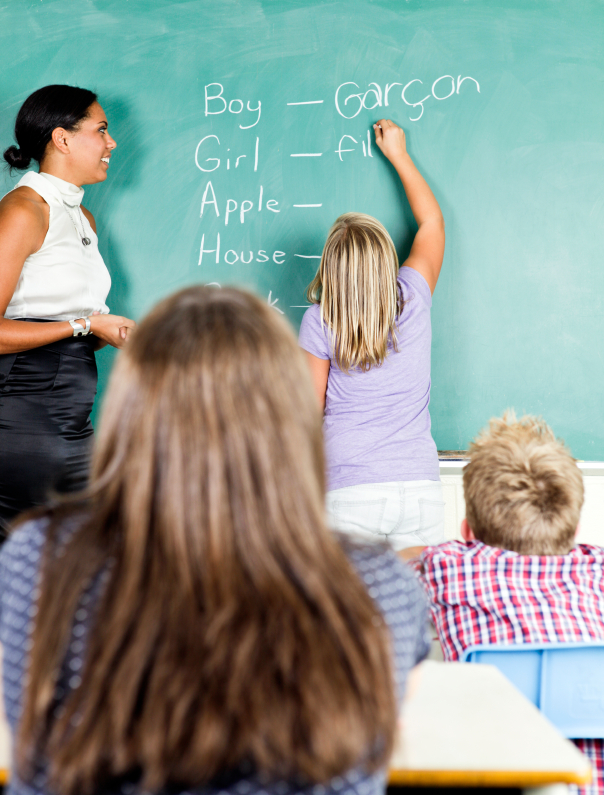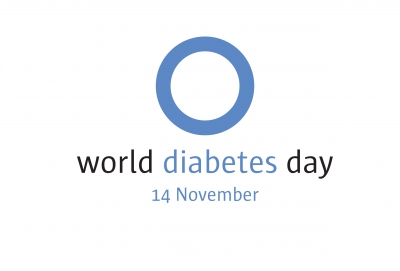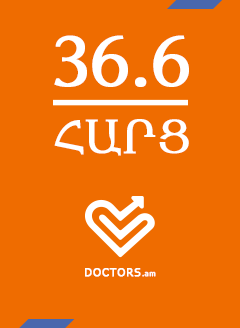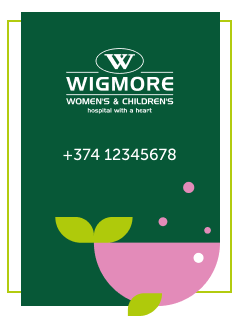Being exposed to two languages in infancy may not just be good for learning a second language. It also may help children in the future. Scientists have found that infants exposed to two languages recognized familiar images far faster and paid attention to novel images far more when compared to monolingual infants.
Previous studies have shown that the rate at which an infant becomes bored of a familiar image and subsequent preference for novelty is a common predictor of better pre-school developmental outcomes. For example, past studies have shown that babies who looked at the image and then rapidly became bored demonstrated higher performance in various domains of cognition and language later on in life.
Intrigued by this fact, the scientists wanted to see if bilingual infants had a leg up in this regard. Infants were shown a colored image of either a bear or a wolf. For half of the group, the bear was made to become the "familiar" image while the wolf was the "novel" one. The reverse was true for the other half of the group. In the end, the scientists found that bilingual babies became bored of familiar images far more quickly than monolingual babies.
"One of the biggest challenges in infant research is data collection," said Leher Singh, lead author of the new study, in a news release. "Visual habituation works wonderfully because it only takes a few minutes and capitalizes on what babies do so naturally, which is to rapidly become interested in something new and then rapidly move on to something else. Even though it is quite a simple task, visual habituation is one of the few tasks in infancy that has been shown to predict later cognitive development."
In this case, the researchers found that bilingual babies may just have increased cognitive performance due to being exposed to two languages.
"As adults, learning a second language can be painstaking and laborious," said Singh. "We sometimes project that difficulty onto our young babies, imagining a state of enormous confusion as two languages jostle for space in their little heads. However, a large number of studies have shown us that babies are uniquely well positioned to take on the challenges of bilingual acquisition and in fact, may benefit from this journey."
The findings are published in the journal Child Development.

















